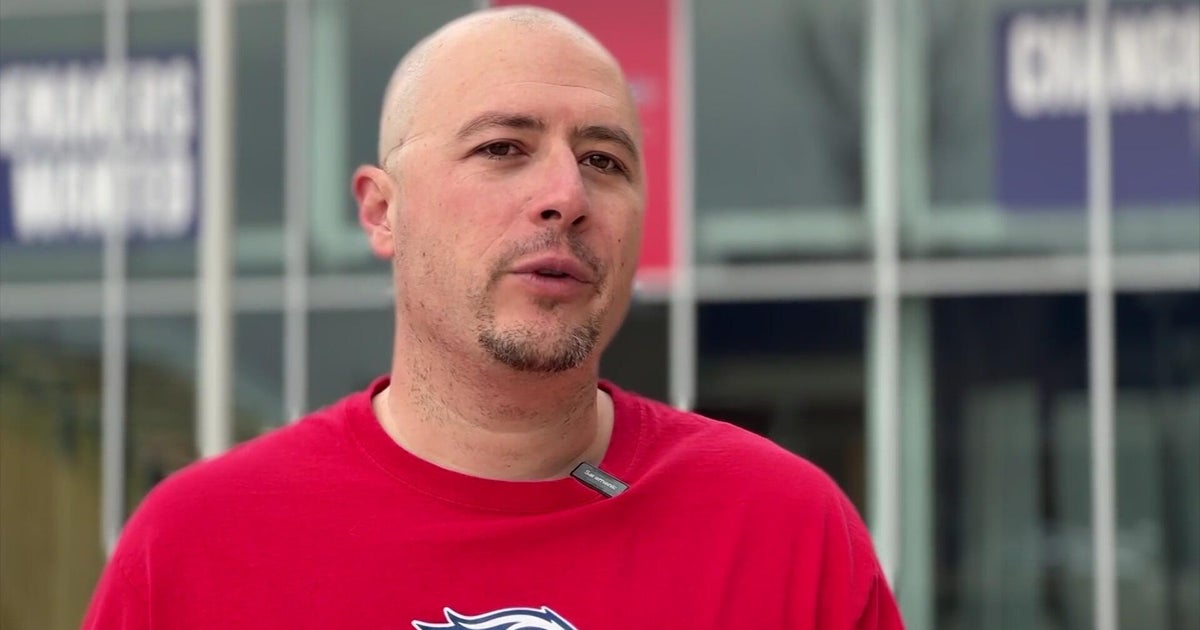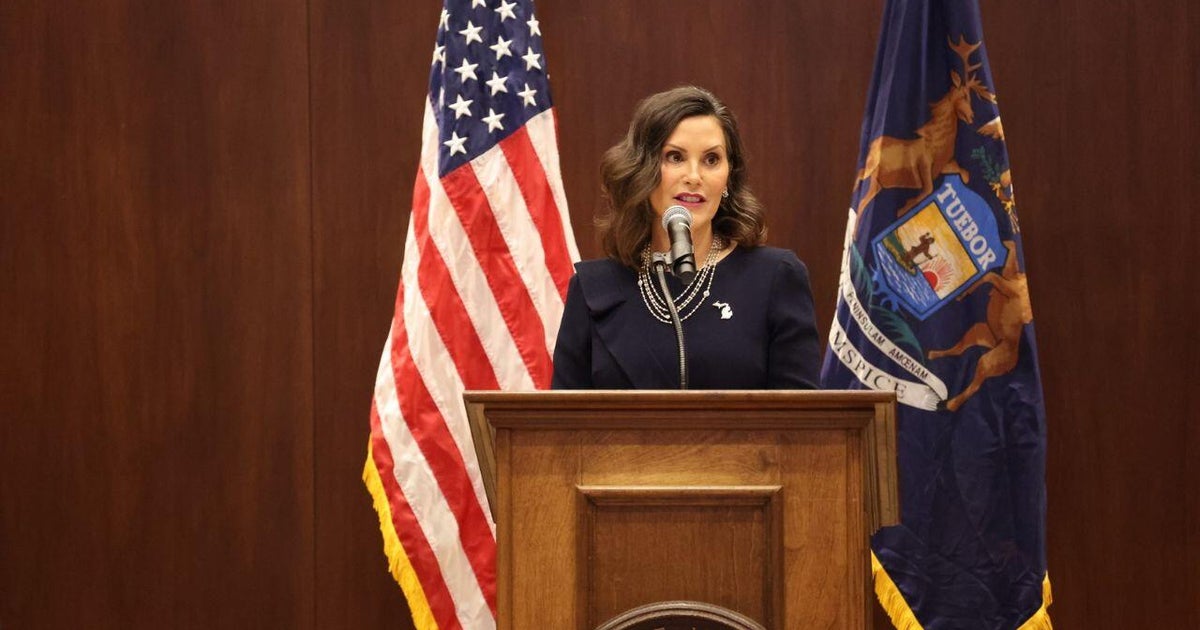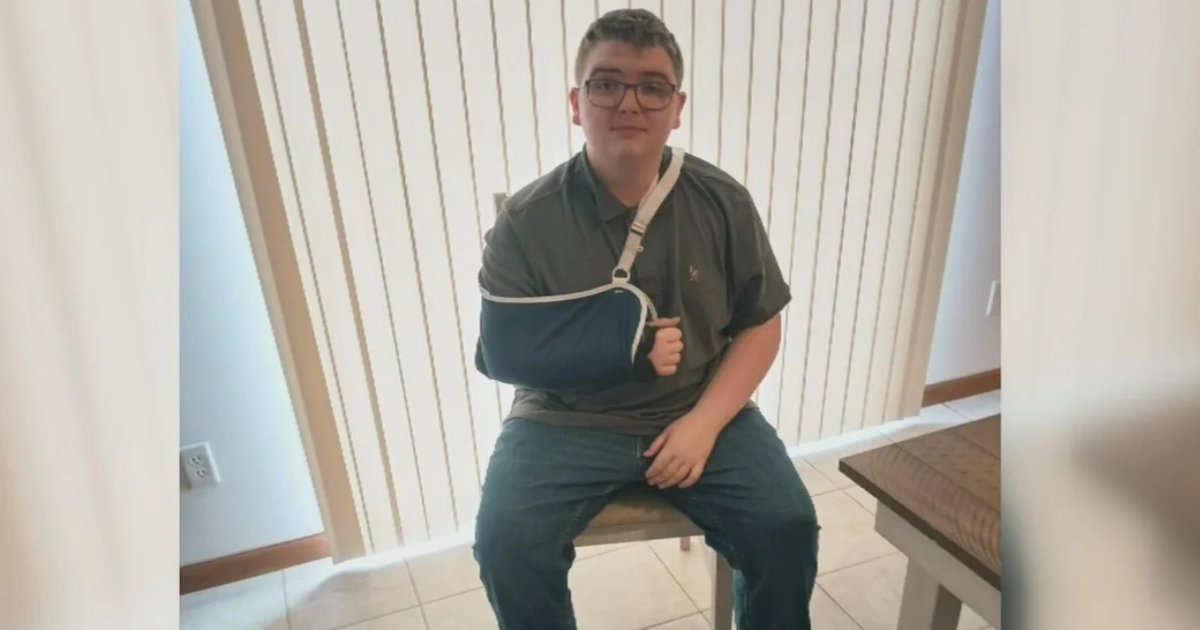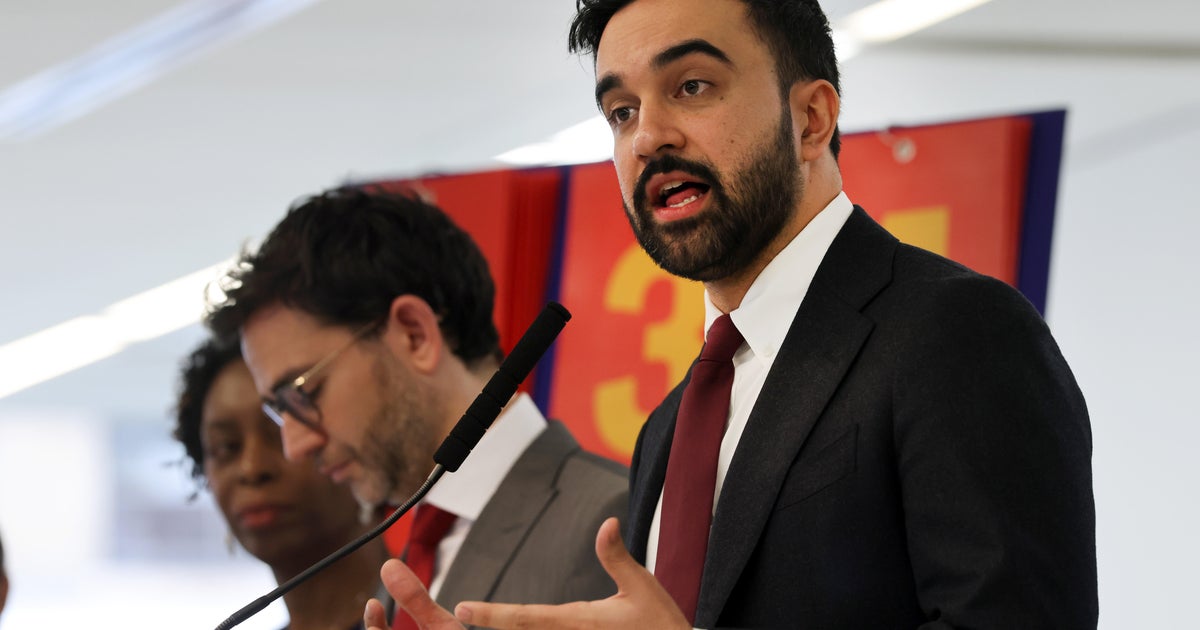What Happens If You Owe Taxes You Can't Pay?
MINNEAPOLIS (WCCO) – According to the IRS, fewer taxpayers are getting refunds this year compared to the same time last year, and the average refund check is about $500 smaller.
So, what happens if you ending up owing taxes you can't pay? Good Question.
"What you don't do is you don't hide, you don't panic, you contact the IRS," says Brenda Lowe, a certified public accountant in White Bear Lake. "They will come after you, but you address it."
Lowe says the most important thing to do is to file by April 15, even if you can't pay the full bill. The penalty for not firing is 5 percent of the unpaid taxes for each month – up to 25 percent of unpaid taxes. The penalty for filing but not paying is 0.5 percent of your unpaid tax bill each month.
"If you can't pay, try to pay a little and minimize the interest and penalties," Lowe says. "And if you can't pay at all, make a plan with the IRS."
The IRS says someone can qualify for up to 120 days of additional time if they can't pay in full. There are no fees, but interest will still accrue and this option must be set up in advance.
If someone cannot pay the full tax bill within 120 days, they can apply for a monthly payment plan. There is a fee associated with this option and not everyone will qualify.
"They'll talk with you about your income, what do you have going on in your financial life and they'll create a moderate monthly installment plan," Lowe said.
In some cases, the IRS might settle for a lower amount or allow a person to delay payment. The debt, though, never goes away.
"If it's reasonable, they'll work with you," says Lowe. "They want the money."
Individual filers can ask for an extension to file their taxes, but the money they owe is still due April 15.
People can also pay federal and Minnesota taxes with a credit card, but that incurs a fee. Lowe also warns people to compare the interest rates of the IRS or state and the credit card company.
Finally, Lowe says, make sure to solve the problem now so it doesn't happen next year. She recommends changing withholdings or making estimated tax payments.
"Don't let it happen again because it's a vicious cycle," she says.







